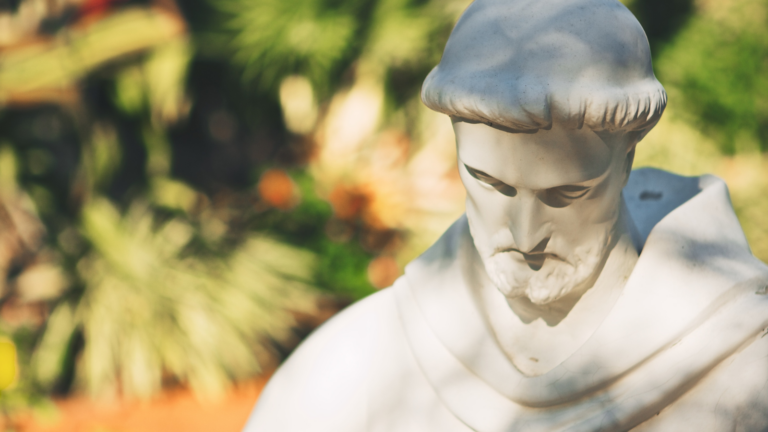12 Popular Christian Denominations: What Sets Them Apart?
Let’s take a closer look at 12 of the most well-known Christian denominations and what makes each of them unique. Christianity is like a colorful quilt of different beliefs and customs, and these religious groups show how wide and deep the faith can be. So, whether you’re simply curious or deeply faithful, come with us on this journey to explore what sets these popular Christian denominations apart from one another.
1. Roman Catholicism

Roman Catholicism is the largest Christian group worldwide. They have a strong leader, the Pope, who lives in Vatican City. Catholics believe in the church’s authority, special rituals called sacraments, and honoring saints. They also think tradition is just as important as Scripture.
2. Eastern Orthodoxy
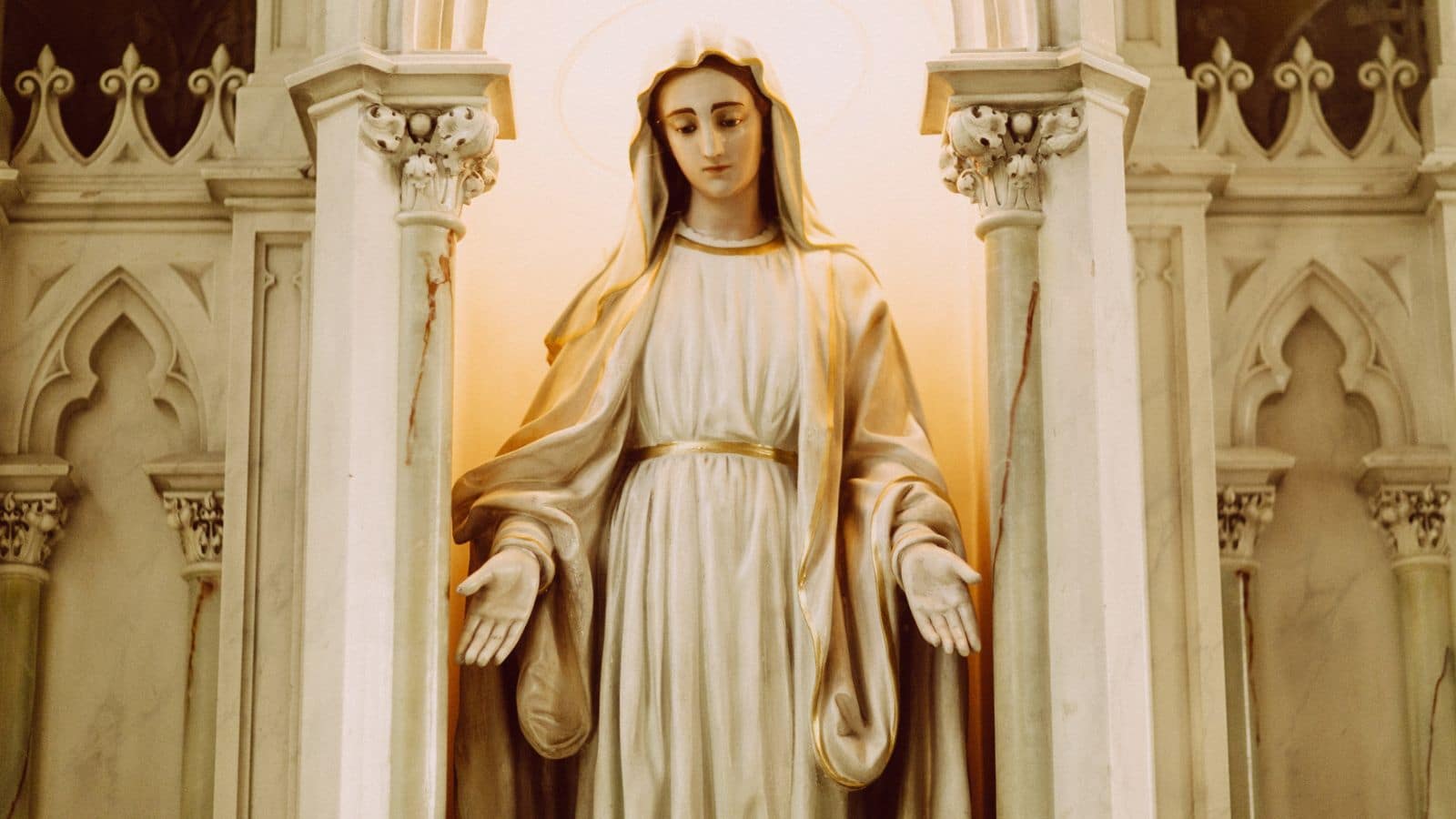
Eastern Orthodoxy, or the Orthodox Church, is most common in Eastern Europe and Russia. They place a lot of importance on traditional rituals during worship, using iconography (visual images and symbols) and Sacred mysteries (their version of sacraments). Unlike Roman Catholics, they don’t accept the Pope as their leader, and each country’s church is in control of its own affairs.
3. Protestantism

Protestantism is a large group of Christians that started during the Reformation in the 16th century. They believe you can be saved just by having faith, that everyone can speak to God, and that Scripture is more important than traditions. The main Protestant groups are Lutherans, Anglicans, Baptists, and Presbyterians, and each has its own unique way of understanding their faith.
4. Anglicanism

The Anglican Communion is a group of Protestants that started in England. Anglicans like to mix both Catholic traditions and Protestant beliefs. They have leaders called bishops, and how they worship can be traditional (high church) or more modern (low church).
5. Lutheranism

Lutheranism started with Martin Luther in the 1500s. Lutherans believe the Bible is the most important source for their faith, and they say only the Bible is the authority regarding what to believe. They believe that being saved is a gift from God, and they also believe that everyone can talk to God, not just special religious leaders.
6. Baptists
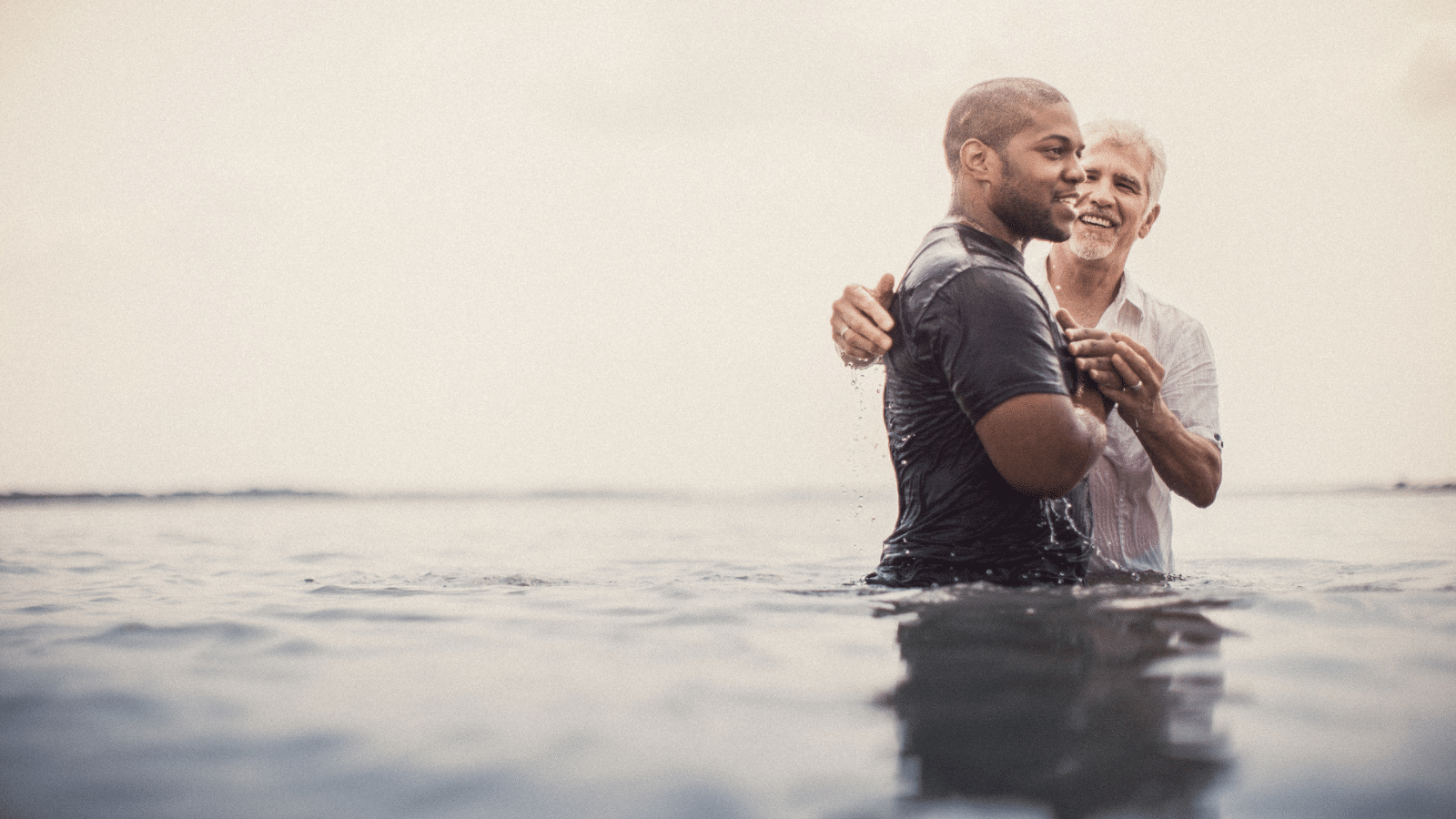
Baptists are Christians known for their belief in adult baptism by fully immersing them in water as a sign of commitment. They also believe that all church members are allowed to interpret Scripture, not just the leaders, so they put a lot of focus on personal reading.
7. Methodist
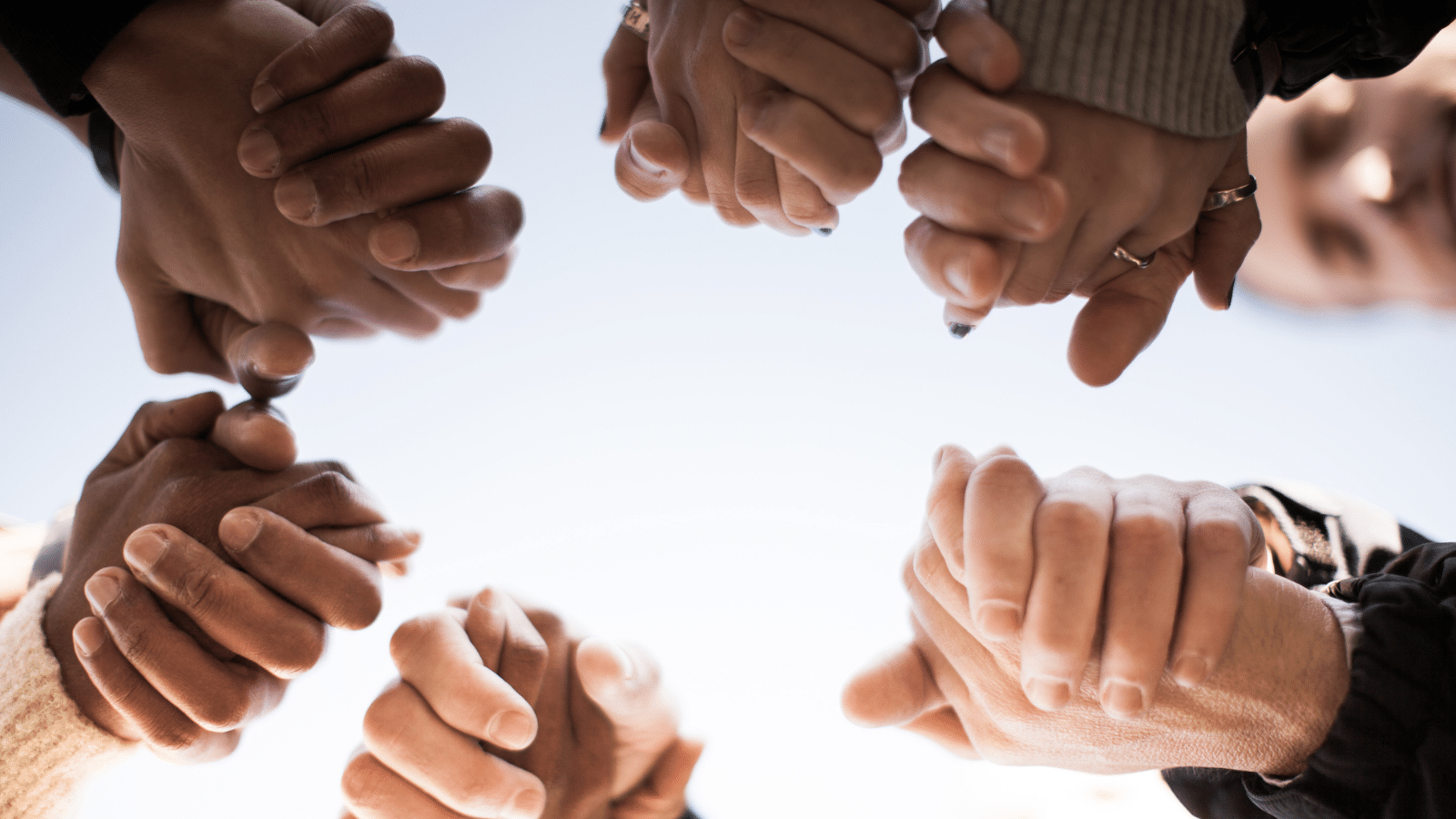
Methodism, founded by John Wesley, emphasizes social justice and personal holiness. Methodists believe in “prevenient grace,” which is God’s grace working in a person’s life before they even seek God. They have a hierarchical structure and place great importance on outreach and the local community.
8. Pentecostalism

Pentecostalism is a charismatic movement within Christianity known for its emphasis on the gifts of the Holy Spirit, including speaking in tongues and faith healing. From highly structured to spontaneous, pentecostal churches can vary widely in worship style.
9. Presbyterianism
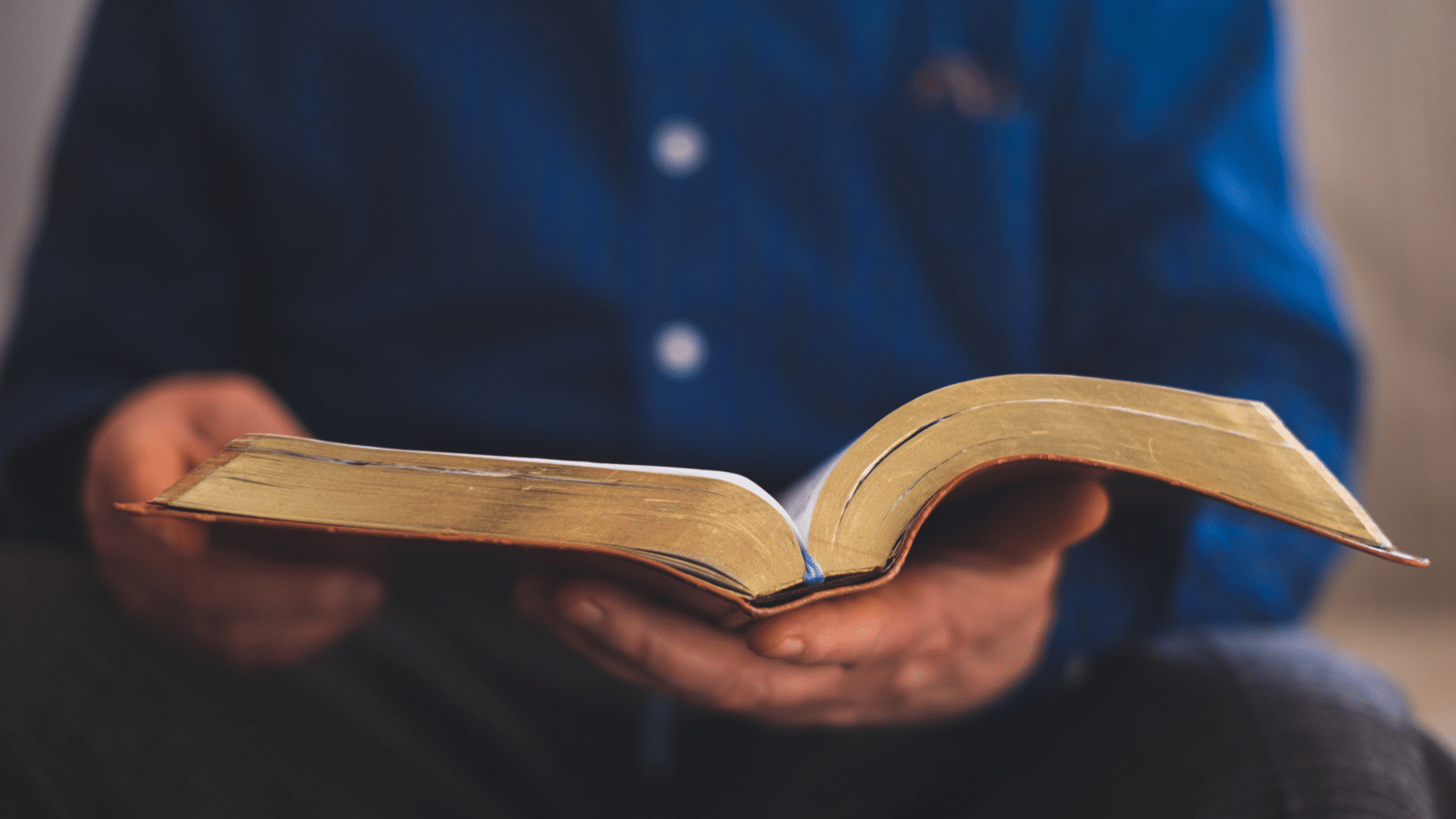
Presbyterianism is a type of Christianity where they have elected leaders called elders and ministers to run their local church. They believe that God is in control of everything and that He has already chosen some people to be saved. Their religious ideas are very similar to something called Reformed theology.
10. Adventism

Seventh-day Adventists are a religious group who worship on Saturdays instead of Sundays. They strongly believe that Jesus will come back soon. They also put a lot of importance on living a healthy lifestyle and value education. In their religion, they have special teachings about the sanctuary, the investigative judgment, and a woman named Ellen G. White, who they believe was a prophet.
11. Evangelicalism

Evangelicalism is a group of Christians who really focus on their own personal faith and their connection with Jesus. They like to tell others about their faith and think the Bible is very important. They might use modern music and have enthusiastic preaching during church services. Evangelicals are known for being very devoted to their beliefs and often speak out on social and political issues based on their faith.
12. Anabaptism
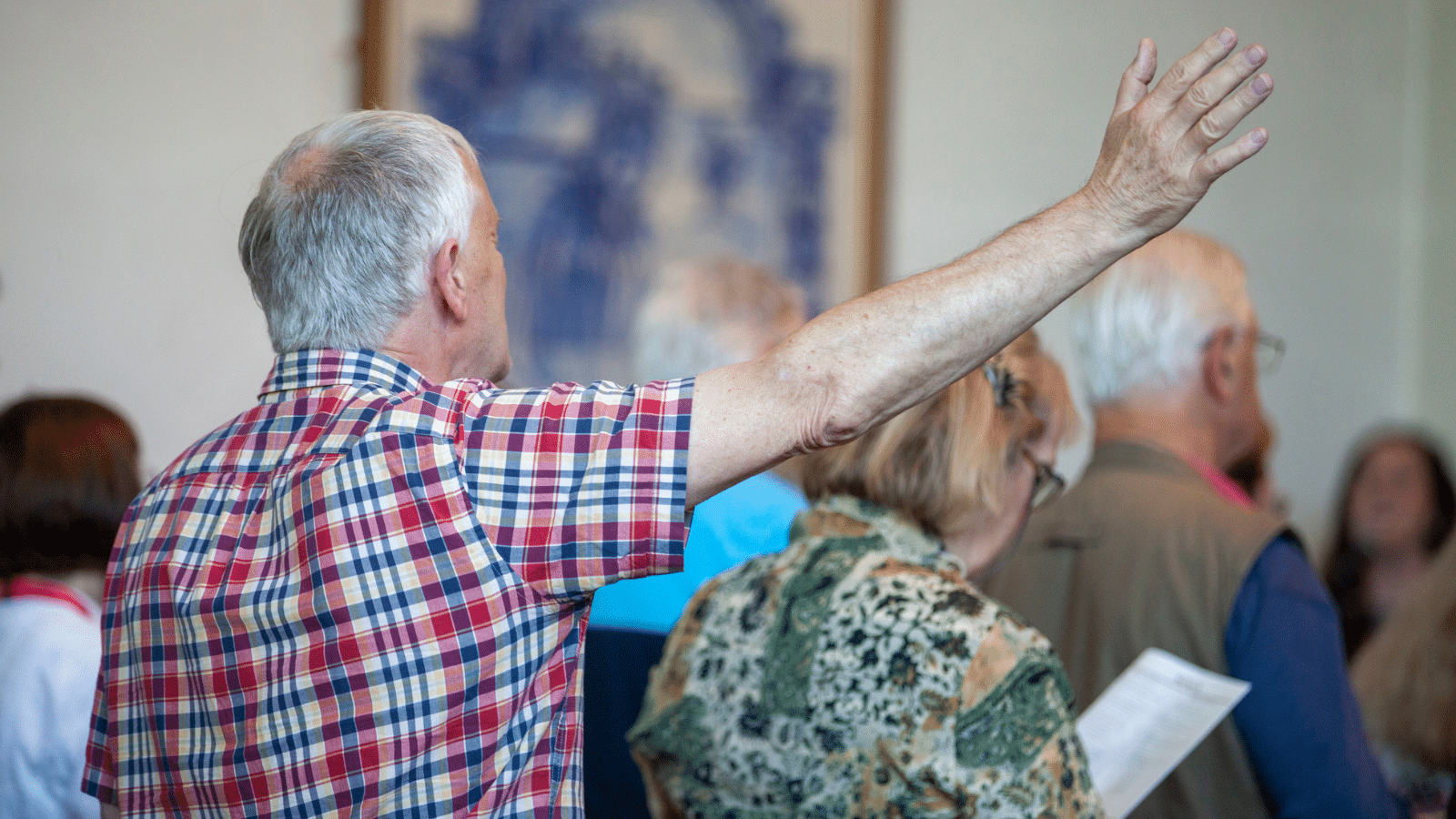
Anabaptism is a type of Christianity that started around 500 years ago. They believe in baptizing adults, not babies, and think that being part of their church is a choice you make when you’re ready to follow Jesus. Anabaptists live simple and peaceful lives, often avoiding things like joining the military. They care a lot about community and helping each other, and they really believe in not hurting others and having the freedom to practice their faith.
Why Talking About Denominational Differences Matters

With thousands of different Christian denominations to choose from, it’s pretty clear that “being a Christian” doesn’t mean the same thing to everyone who would take that label. Some Christians believe in the real presence of the Body and Blood in the the Eucharist, while others believe communion is just a symbol.
Why talking about denominational differences is important.
Common Catholic Church “Facts” Protestants Constantly Get Wrong
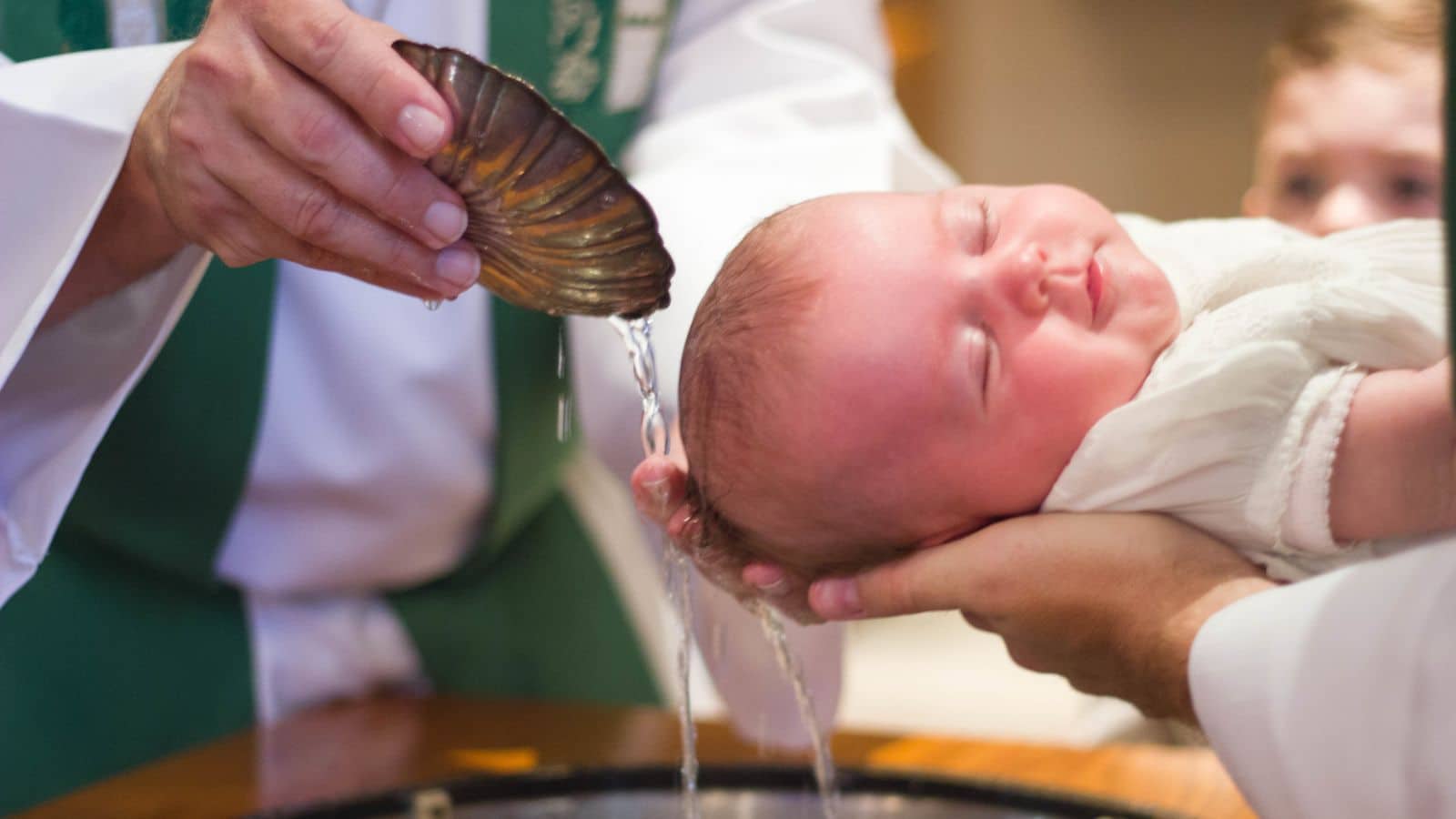
Think you know the Catholic Church? Think again.
Despite being the largest Christian denomination in the United States (and the world), much of what people believe about Catholics and the Catholic church simply isn’t true.
Are you guilty of believing any of these Catholic Church myths?
Common Catholic Church “Facts” Protestants Constantly Get Wrong
What Do Catholics REALLY Believe About Mary, Saints and Statues?

Do you often wonder what catholics actually believe about Mary, Saints and religious statues?
If you are catholic, you may have a general understanding but you may surprised about some of these beliefs!
What Do Catholics REALLY Believe About Mary, Saints and Statues?
Remarkable Catholic Saints Who Changed the Course of History
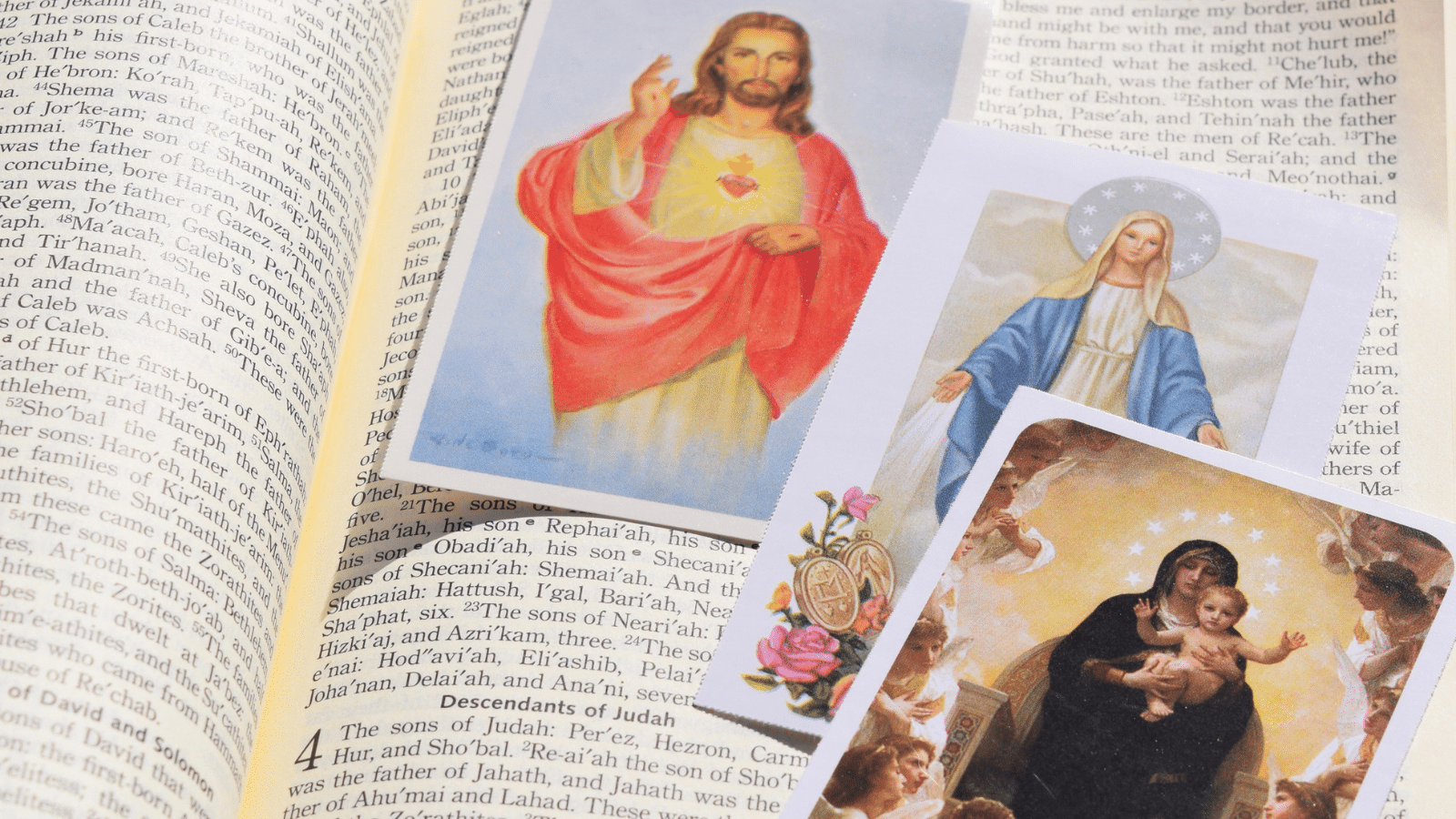
Whether or not you agree with Catholic teaching, it’s hard to deny: Catholic saints have played a pivotal role in shaping the course of history, leaving a lasting impact on both the Church and the world at large.
These remarkable individuals, through their unwavering faith, selfless acts of charity, and profound teachings, have left an indelible mark on society. Here are some remarkable Catholic saints who changed the course of history.
Remarkable Catholic Saints Who Changed the Course of History
Famous People You Didn’t Know Were Catholic

Celebrities and other famous people often keep their personal beliefs and religious affiliations private, but sometimes, their faith is an essential part of their lives. While some famous people openly embrace their Catholic faith, others may surprise you with their devoutness.





